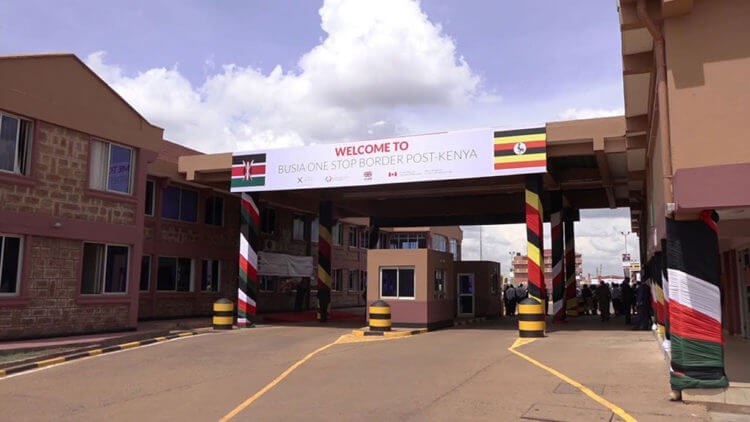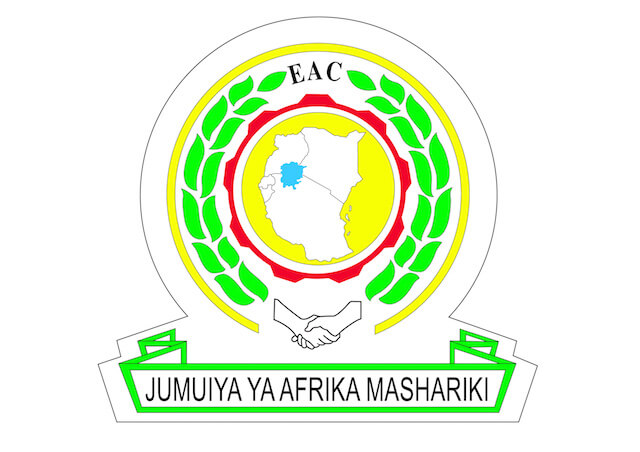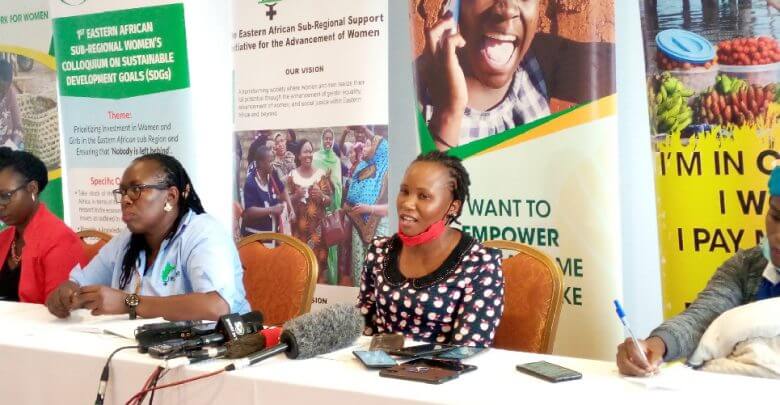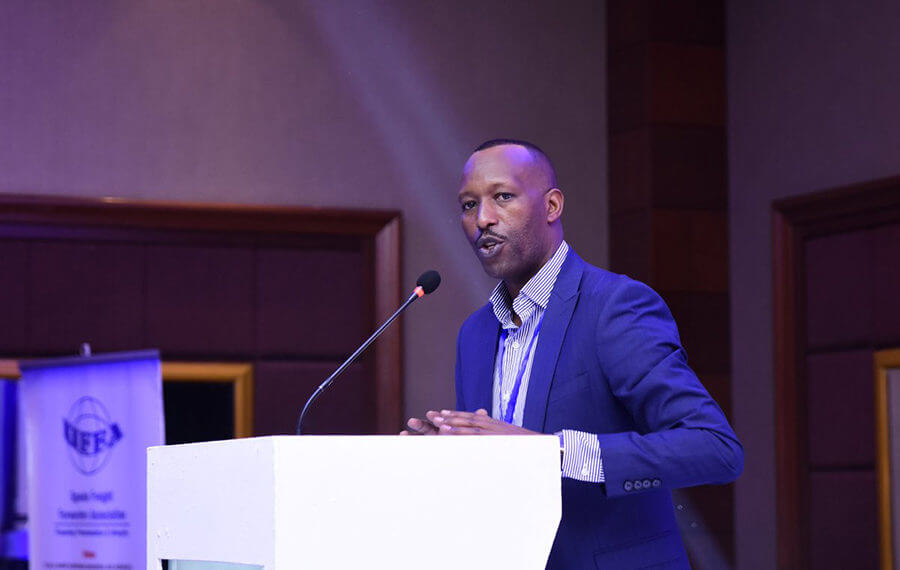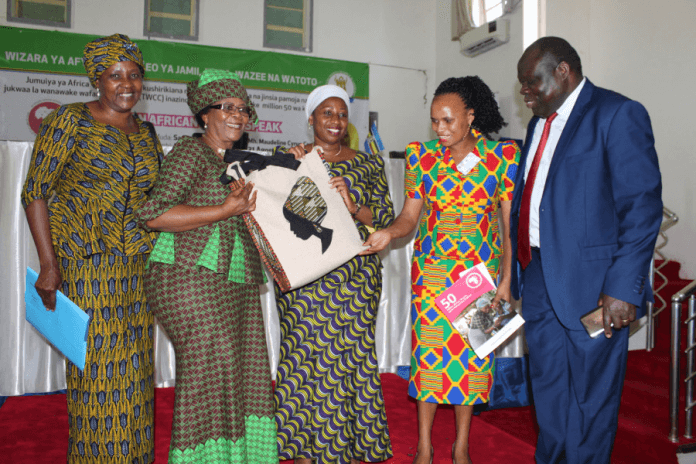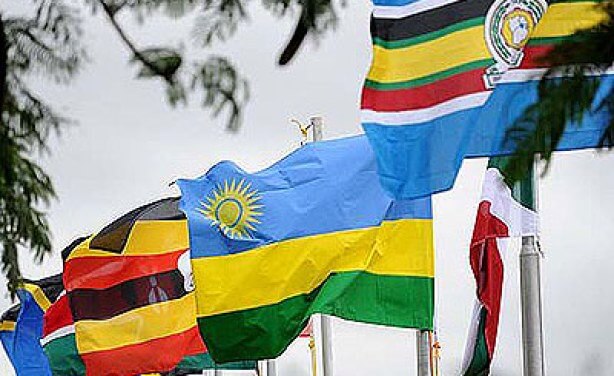The 2-day trainings will be offered over a period of 12 weeks East Africa Community (EAC) has planned to carry out training at the 12 “One Stop Border Posts” (OSBPs) in the region to enhance the capacity of staff to tackle infection and transmission of the Covid 19-related diseases on travelers. Border Posts are high-risk areas regarding the spread of coronavirus and other infectious diseases from one country to another. These points of entry are at the center of movement of people, animals and goods from one country to another. The capacity of border post staff to prevent the spread of the virus and to quickly and expertly respond to infections in people who cross the border determines the logistics efficiency. The region has started opening its borders and space to allow movement of travelers in the region. “This involves a risk as the pandemic has not yet ended”, said Hon Christophe Bazivamo, the Deputy Secretary General Productive and Social Sectors at the EAC Secretariat. Human mobility across borders has exacerbated the spread of COVID 19 within the EAC region and beyond. “It is hence pertinent and a matter of urgency that in addition to the measures already established, all staff of various sectors at the border posts are trained in the prevention of COVID 19,” Bazivamo said. The EAC Secretariat with support from the German Government through the Deutsche Gesellschaft für Internationale Zusammenarbeit (GIZ) GmbH has engaged AMREF Flying Doctors (AFD) to conduct the emergency intervention trainings for about...
EAC to train OSBP staff on tackling Covid 19 pandemic
Posted on: September 21, 2020
Posted on: September 21, 2020

